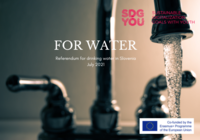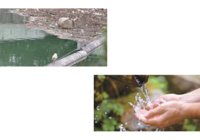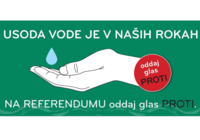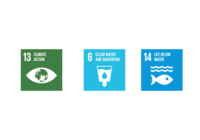
Referendum for drinking water in Slovenia, July 2021

Drinking water is crucial for our survival and is the most essential commodity. To safeguard the main sources of drinking water, the protection of underground water through water and by-pass areas is of utmost importance.

Without the knowledge of the citizens, the government wanted to adopt a provision that allows the construction of buildings on coastal land. This posed serious risks for the degradation of these lands and the consequent pollution of surface and underground waters. The drinking water supply would be permanently threatened.

The proposed new law would endanger the source of drinking water, as construction on coastal land would result in the release of wastewater and/or the utilization of toxic and hazardous substances. Additionally, private establishments would be built on public coastal areas.

The March 8 Institute, originally focused on women's rights and the fight against femicide, initiated a public referendum effort. Across the country, they organized a drive to collect signatures for a referendum opposing the new law. An increasing number of individuals joined the effort voluntarily.
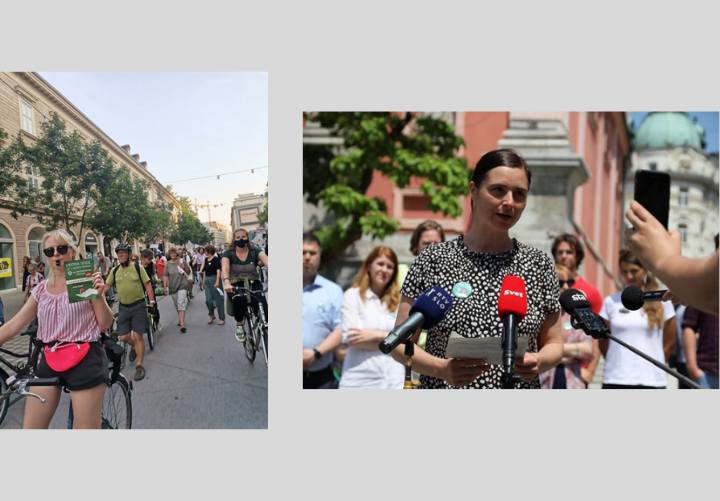
The petition against the new law was signed by 53,000 citizens, however, it fell short of the required number. To call a referendum against the harmful Water Act, 40,000 signatures certified by administrative units were needed within 35 days. Despite the tight deadline, enough signatures were gathered within less than a month, forcing the government to hold a referendum.

The effort was not over yet. To defeat the harmful law in the referendum, 340,007 citizens had to vote against it. More volunteers joined the campaign, along with non-governmental organizations, the media, students, and anyone who wanted to prevent the adoption of the harmful water law.
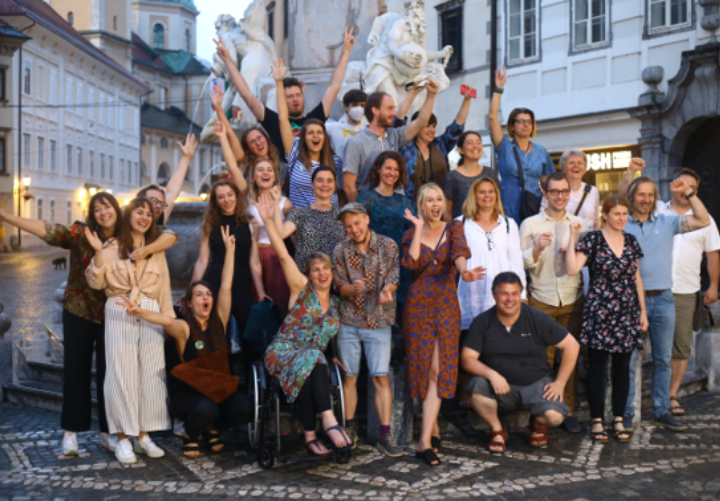
Slovenia has a population of 2,108,000. A record-breaking 1.7 million voters participated in the referendum. In the vote, 86.58% opposed the implementation of the amendment while 13.42% were in favor.
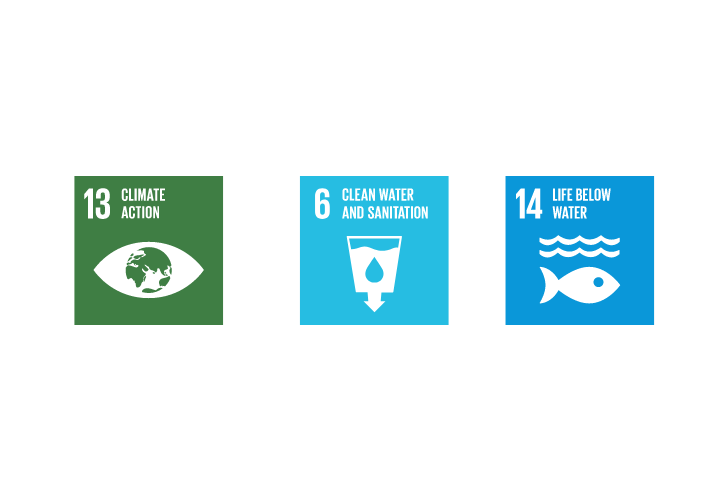
The vote against the amendment was a clear indication that the public had reached a breaking point with the restriction of democratic rights. With this vote, three of the United Nations' Sustainable Development Goals were achieved: Climate Action, Clean Water and Sanitation, and Conservation of Life Below Water.

